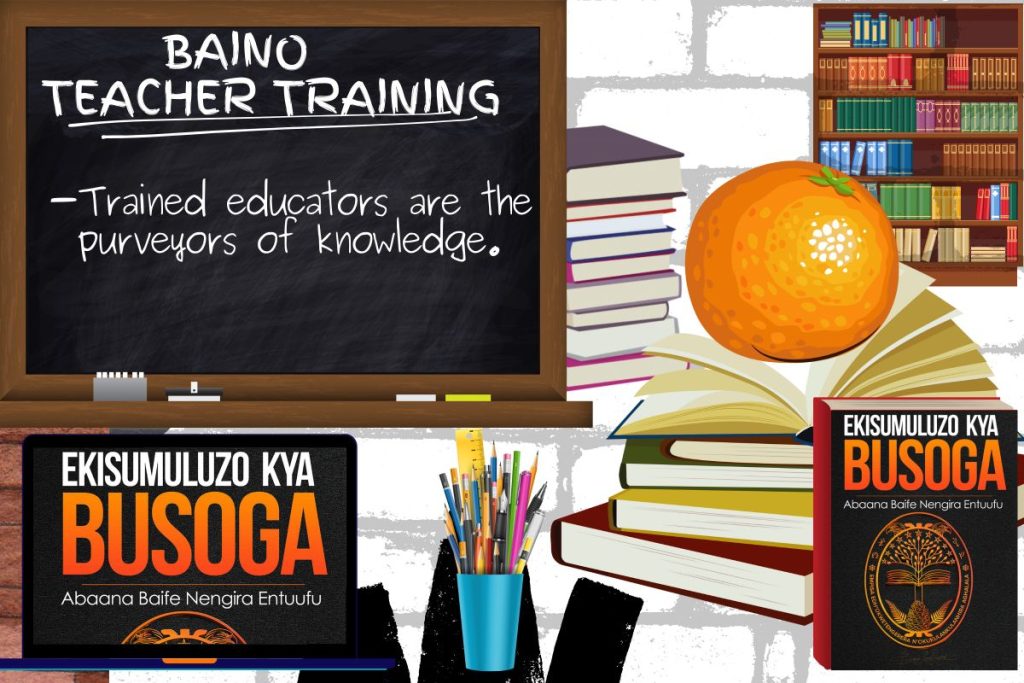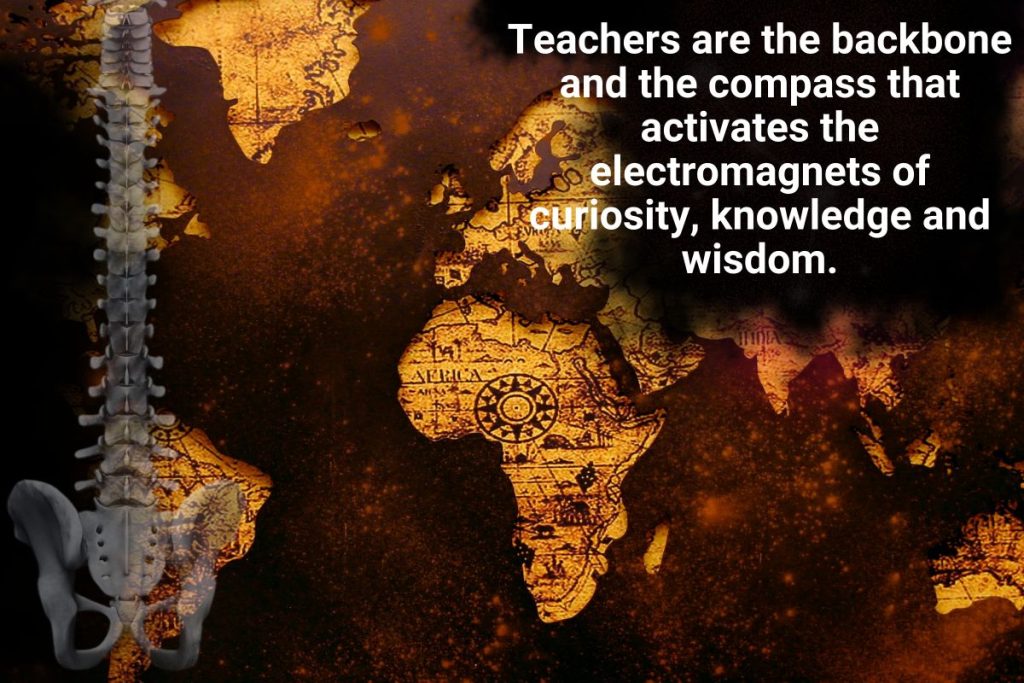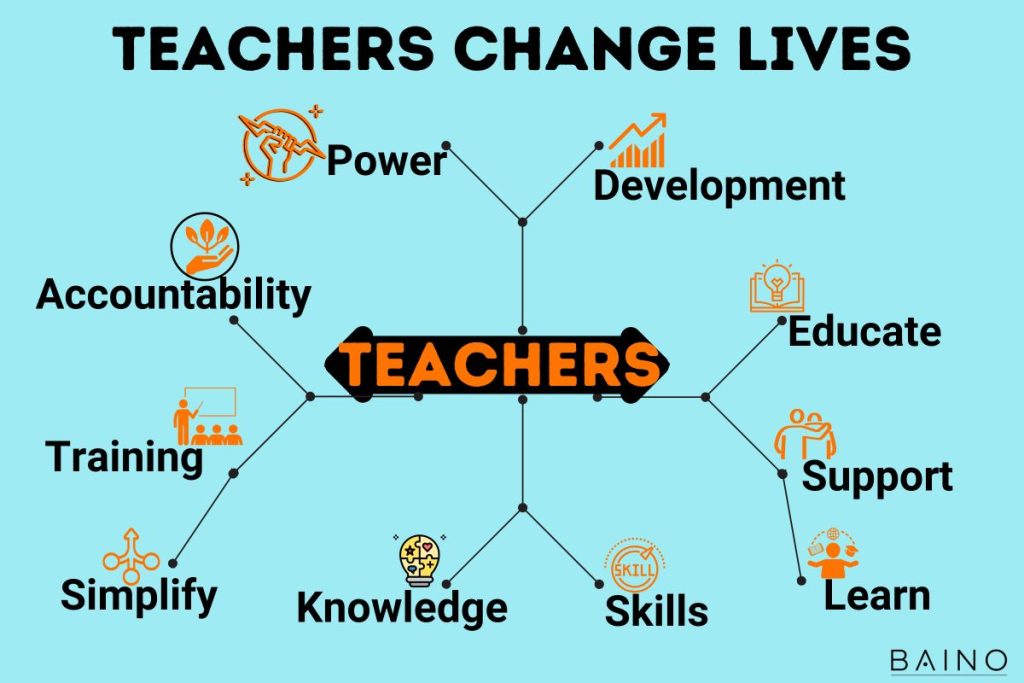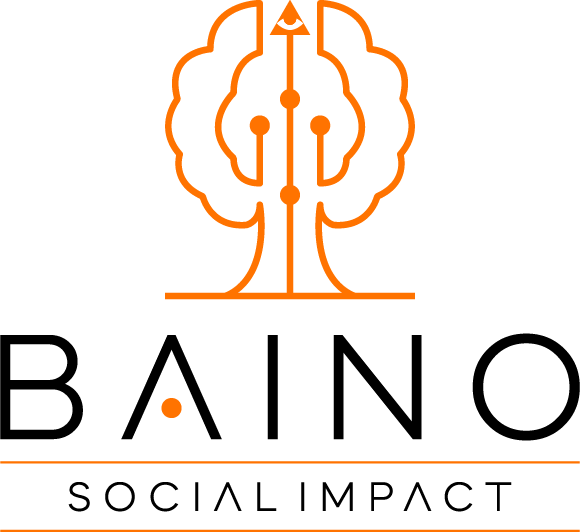The heartbeat of our vision has the power to affect eternity.
The primary goal of the Busoga region has been defined: to become one of the world’s recognised and respectable literate societies.
We have established that education is not only the driving force that will lead the region to that objective, but it is also a reliable tool that can help uplift the region from its current meagre circumstances.
But as noted, although a strong command of basic skills like reading, writing and numeracy are at the core of the region’s objective, a sound, equitable education system should not result from educational factors alone.
Achieving the status of a literate society indicates that various other equally important social institutions required to maintain that prestigious position are functioning well in a collaborative relationship.
However, the region’s goal—and any great promise mentioned around it—will remain a distant dream without well-trained educators.
At the moment, Busoga region has a striking shortage of well-trained education personnel, which is shocking.
How is the region supposed to build a robust framework that befits the defined objective and execute sound choices among alternative priorities and consensus around a shared action plan without quality educators?
Who will direct the required scientific research in all areas we need to improve regarding policies and practices to lift the region?

Teachers Are the Backbone

Quality teachers are precious. They are the primary purveyors of knowledge, a feature that is overwhelmingly lacking in all sectors of the region. Trained teachers are the most important members of any society and, indeed, for Busoga region and her vision. Teachers create familiarity, awareness, or understanding of the world around us. They can ignite, build and strengthen the required perception, reason, memory, education and practice.
The future of Busoga calls for addressing this striking shortage of trained educators. A substantial investment in training, recruiting, compensating, and retaining high-quality staff must be a top priority.
The required trained teachers are naturally positioned at a critical point in readying children for their future. They will instil in them a sense of purpose, set them up for success as citizens of the world, and inspire in them a drive to do well and succeed in life.

Teachers typically believe in the power of education and are dedicated to that concept. This trait alone, with the defined objective, is a fundamental aspect and is of tremendous value.
It is a required trait, especially in the effort to understand where their students are coming from, i.e., their backgrounds, struggles, and abilities.
Great teachers can change lives for the better. They are known to act as a support system lacking elsewhere in students’ lives. They can be a role model and inspire children to go further and dream bigger.
Teachers are known to hold students accountable for their successes and failures.
They do not accept failure; therefore, pupils are more likely to persevere.
By following and relying on this approach, they mould top-tier performers.
Teachers simplify the complex and make abstract concepts accessible.
Teachers are the backbone of society from which economic and social development springs.
In this ‘future’ of Busoga, teachers will be a critical factor in closing the gap between what we don’t know as a society and what we need to know.
